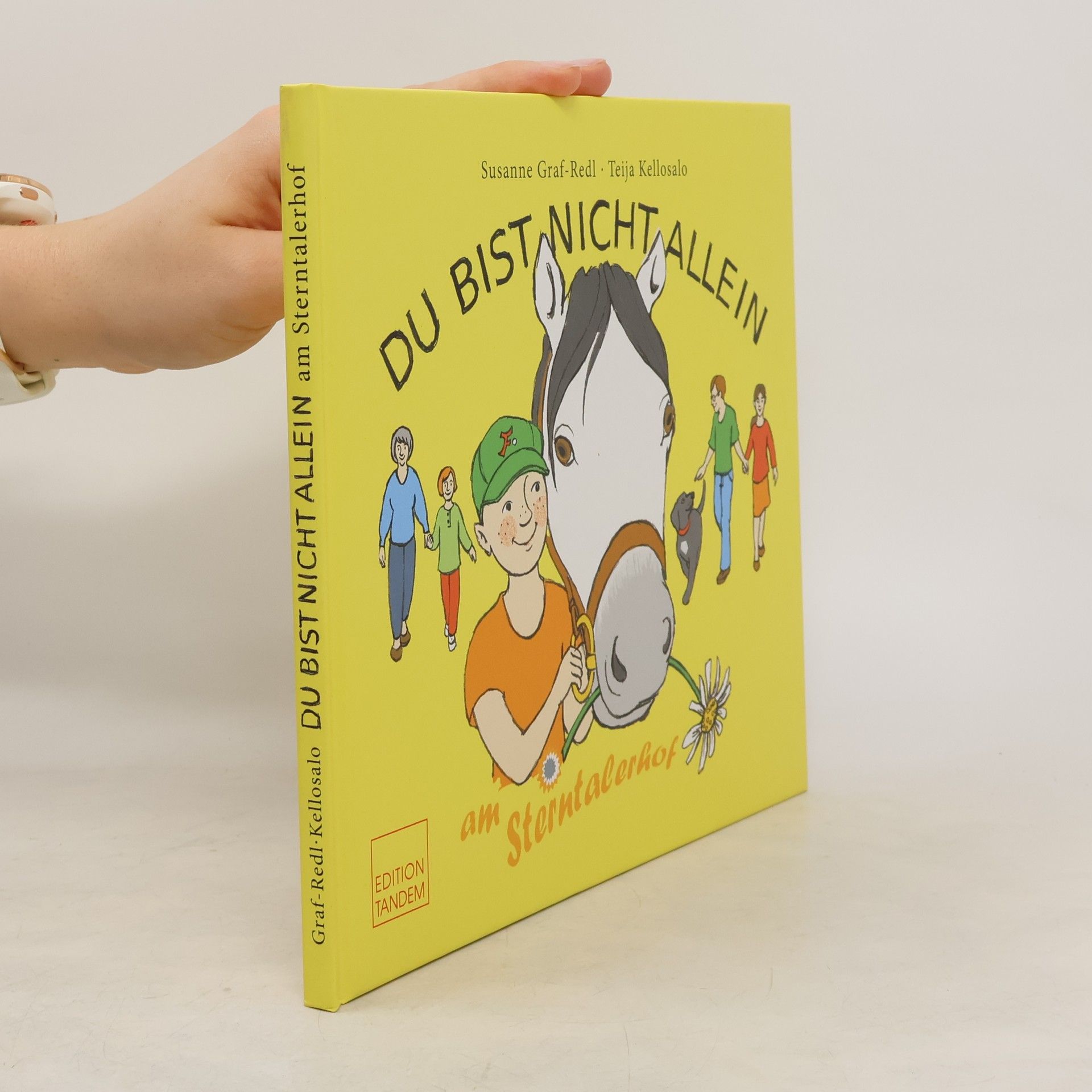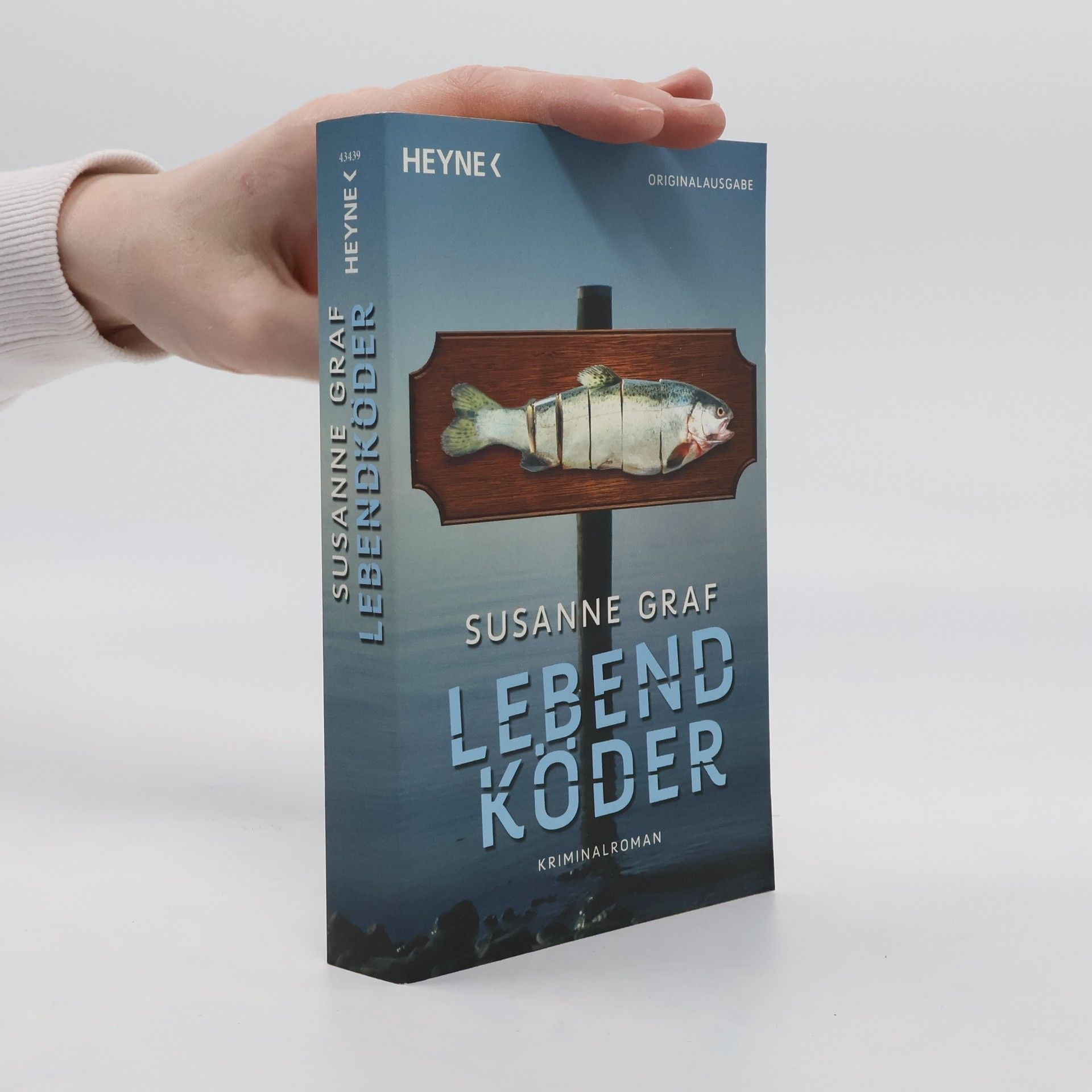Polizei- und Ordnungsrecht Niedersachsen
- 1000 pages
- 35 hours of reading
Zum WerkUmrahmt von drei systematischen Vorbemerkungen (Polizeirecht in Deutschland, Entwicklung und Strukturen des Landespolizeirechts, Einführung in die JI-RL) stellt der Kommentar das Polizei- und Ordnungsrecht Niedersachsens klar und übersichtlich dar. Für eine leichte Orientierung sorgt die stringente Strukturierung der Kommentierungen. Ausgehend von einem allgemeinen Überblick werden die Vorschriften vom Allgemeinen ausgehend hin zum Besonderen erörtert.Vorteile auf einen Blick präzise, auf den Punkt gebrachte Darstellungen mit dem nötigen Praxisbezug fundierter Einstieg mit dogmatischer Vertiefung der wichtigen Probleme Berücksichtigung der aktuellen Rechtsprechung und Literatur ZielgruppeFür Richterschaft, Rechtsanwaltschaft, Mitarbeiterinnen und Mitarbeiter von Polizei, Ordnungsbehörden und Ministerien, Studierende und die Wissenschaft.







